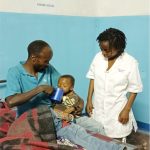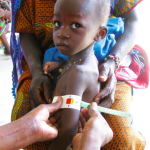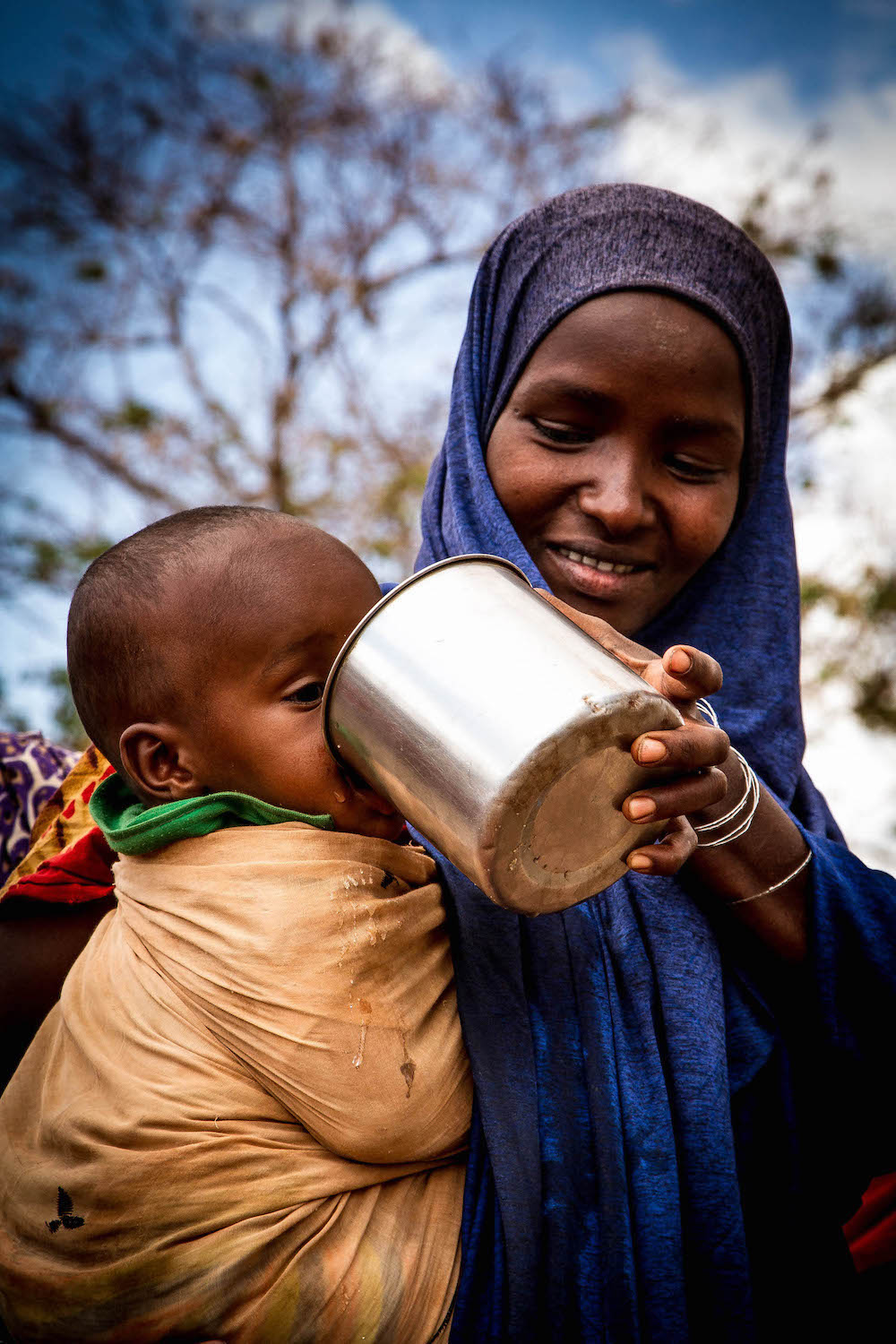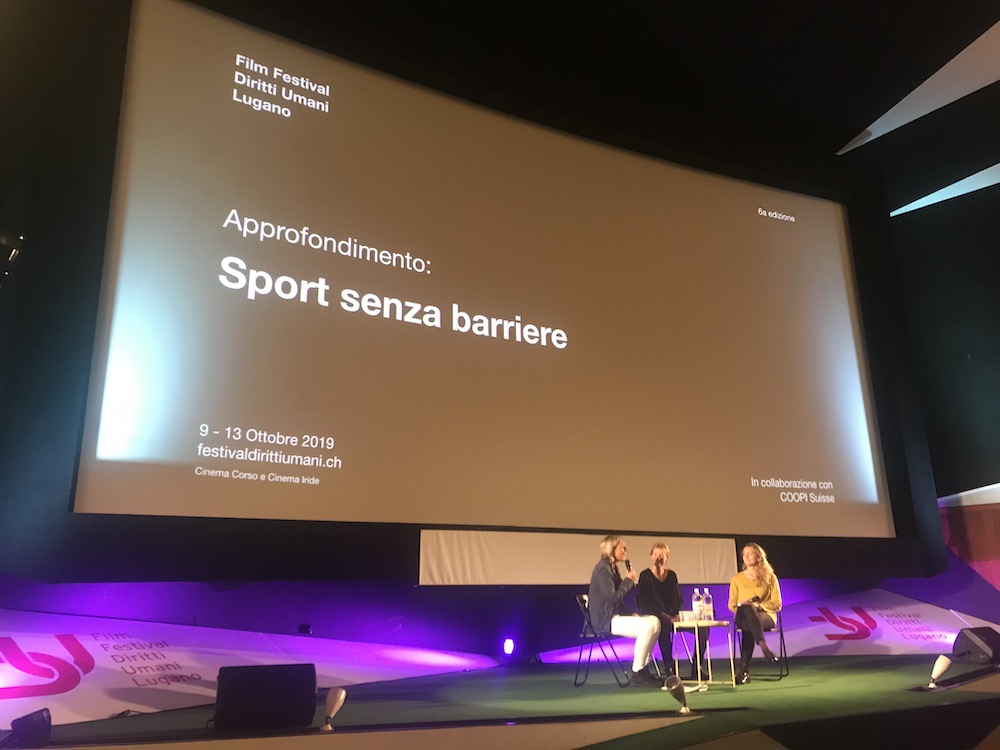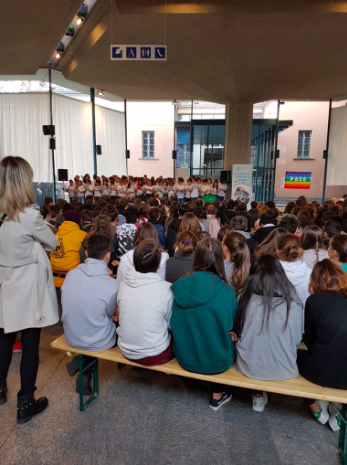RAISED: € %RAISED%
Environmental requalification and sustainable waste management in Northern Lebanon (Project 048)
Since 2015, Lebanon has been experiencing a serious crisis in the management of solid waste, due to the lack of policies and strategies at the national level and the lack of organization of an effective and efficient service. This results in inefficient and/or illegal practices in areas such as the Governorate of Akkar, historically one of the most neglected and poorest in Lebanon, with approximately 63% of its inhabitants in situations of poverty (2018 OCHA). Furthermore, the increased human pressure on the environment due to the massive influx of Syrian refugees, estimated to date at around 227,860 in the Akkar region alone (UNHCR 2022), has aggravated the situation due to the increased amount of waste to be disposed of. Since 2019, an economic, financial and social crisis has been added to the consequences of the Syrian crisis which has affected the most vulnerable and refugee Lebanese population, aggravating their humanitarian needs and limiting their access to basic services. The devaluation of the Lebanese pound (LBP) has worsened, representing a loss in value of more than 90%, with increasingly high inflation, causing a deterioration in the purchasing power of the population. The effects of the various crises have had clear repercussions in the intervention area, reducing the economy and commercial activities, putting a strain on local institutions' management of resources such as water, electricity, waste, health and education, and amplifying tensions among the population. The inefficiency of central policies translates into the scarcity of economic, technical and human resources available to the Municipalities for waste management.
The project is in line with other government initiatives in the area in the water, waste management and environmental remediation sector, including an EU-supported initiative under the PROMARE Program aimed at creating a regional waste disposal site serving throughout the governorate, in accordance with the UoMJK Master Plan. The Master Plan, created by a Studio in Bologna (StudioAzue), represents the starting point for the realization of some priorities related to waste management in the intervention area. During 2021, the Master Plan was approved by the Lebanese Ministry of the Environment through a decree certifying its validity. In the UoMJK, the area of intervention of this initiative, there is no organized and efficient solid waste management strategy: the Municipalities directly contract private companies for the disposal of solid waste, spending an important part of the budgets. Waste management costs in the municipalities of Fnaydek and Michmich represent 17% of the total budget (April 2020). According to the 2019 Baseline Report (produced by the Edessa company, as part of the PROMARE - SWAM EU project) the production of municipal solid waste per household in the UoMJK is 4.1 kg / day. Solid waste production, including commercial activities, is 2,433 tons/month during the winter. The total increases to 4,866 tons/month in the summer, due to the seasonal increase in population. Only 52% of the waste produced in UoMJK is collected and disposed of properly, and the remaining 48% is disposed of in poorly controlled or uncontrolled local landfills, where they are often burned. According to a study by the American University of Beirut (AUB) (Landscape Character Assessment Level 2, 2018), in the entire UoMJK there are 7 illegal dumps and 17 piles of waste. One of the illegal landfills is located in Fneidek, in an area bordering the Nahr al-Bared river, containing an estimated amount of 60,000 cubic meters of waste that continuously pollutes the water table used by the population. A second illegal landfill is located in Michmich, also close to a stream that flows downstream towards the coast. Given the need for organized and sustainable waste management services, the present project aims to establish solid waste collection services in the target areas. Furthermore, given the need for a legal and controlled landfill, the intervention aims to contribute to the creation of the site by linking it to the waste collection and sorting services.
Expected objectives:
The general objective of the project is to reduce the negative environmental impact of waste management in Northern Lebanon.
The specific objective of the project is to support the creation of an adequate waste management system in the Municipalities of Fnaydek and Michmich.
Result 1: Improved the municipal solid waste collection and disposal system in the Municipalities of Fnaydek and Michmich
A.1.1. Implementation of feasibility study: COOPI Lebanon, in coordination with the UoMJK, will select and contract a private company, specialized in environmental engineering and solid waste management, to update and carry out a feasibility study relating to the UoMJK Master Plan and the development of the waste collection and disposal. The activity will provide relevant data, inputs and information regarding any improvements needed for the correct implementation of the Master Plan.
A.1.2 Implementation of 2 workshops: In the light of the update of the Master Plan and the results of the feasibility study, the activity foresees the organization of 2 workshops in which the mayors of the municipalities of the Union and the project staff meet and agree on a common framework directly managed and supervised by the Technical Unit of the UoMJK. The workshops will be organized as follows:
1) A first workshop with the 15 mayors with the aim of collecting the list of duties, responsibilities, clauses and inputs to be included in the framework agreement for the collection and disposal of UoMJK waste.
2) A second workshop with the 15 mayors, the President of the Union, representatives of the communities, direct beneficiaries and COOPI Lebanon staff will be organized to illustrate the correct collection and sorting methods within families and activities commercial activities according to the provisions of the Master Plan.
A.1.3. Definition, validation and signing of the service contract for waste collection and disposal: COOPI Lebanon, in coordination with the technical unit of the UoMJK, will evaluate the local market to identify potential service providers able to manage the collection and disposal of waste in the UoMJK. A service provider will be identified and selected through the tender, and finally contracted to carry out the waste collection in the UoMJK throughout the project period.
A.1.4 Start-up and implementation of the standardized waste collection and disposal system: At the end of the project, the Union will ensure the continuity of the service, through the methods and means defined in the Master Plan. During the implementation of the project, the harvesting plan will be updated in order to capture any deviations from the original plan that may occur during the year or to strengthen the sustainability of the service by indicating potential improvements.
A.1.5. Awareness aimed at representatives of local communities, municipal authorities and the main managers of commercial activities. The activity will focus on environmental issues in general and on how the intervention area is preparing to adopt a new working methodology for waste management and for the management of environmental issues in the intervention area. Specifically, an in-depth knowledge of the territory will be transmitted, from its history to today's actors, from those who work in agricultural, recreational or tourist activities to those who implement actions for promotion and social inclusion or volunteering. All will be aimed at providing concrete tools and an analysis of the most effective opportunities for promotion and education in environmental sustainability.
A.1.6 Internal evaluation mission: An evaluation mission will be carried out at the end of the project, in order to evaluate not only the short-term impact but also the correct application of internal procedures.
The direct beneficiaries:
15 representatives of the Municipalities of the UoMJK (mayors); 60 community representatives and shops (taking into account the active involvement of women as community representatives) and 36,941 individuals, inhabitants of the Municipalities of Fnaydek and Michmich, of which 55% (20,318) are women and 45% (16,623) are men.
Indirect beneficiaries:
138,287 individuals (76,058 women and 62,229 men), or 22,927 resident families (Lebanese population and Syrian population) of the UoMJK municipalities, who will benefit from the improved waste management service.
Local partners:
COOPI LEBANON
Union of Jurd Al Kaytee Municipalities (UoMJK)
Cost: CHF109,440
Duration: January – December 2023





